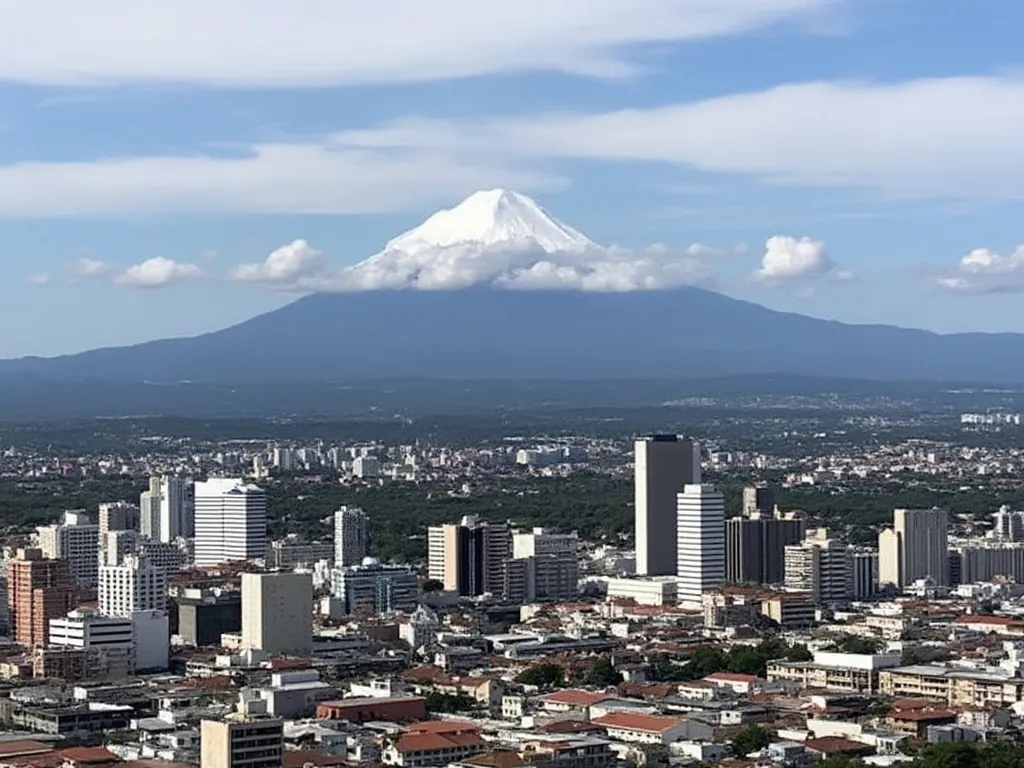
San Salvador, the capital city of El Salvador, is a vibrant and bustling metropolis nestled in the heart of the country. With a rich history dating back to the pre-Columbian era, San Salvador has evolved into a thriving urban center, offering a unique blend of traditional and modern attractions.
San Salvador information
| Country | 🇸🇻 El Salvador |
| Population | 540,989 (2020 estimate) |
| Coordinates | 13.6893° N, 89.1917° W |
| Area | 72.25 km² (27.9 sq mi) |
| Climate | Tropical savanna climate (Aw) |
| Language | Spanish (official) |
| Currency | United States dollar (USD) |
| Time zone | Central Standard Time (UTC-6) |
| Proximity to other major cities | San Salvador is located 65 km (40 mi) northwest of La Unión, 135 km (84 mi) northwest of San Miguel, and 320 km (200 mi) northwest of Tegucigalpa, Honduras. |
Interesting facts about San Salvador
- San Salvador is home to the largest shopping mall in Central America, the Multiplaza.
- The city hosts the annual Fiestas de San Salvador, a vibrant celebration of music, dance, and food.
- San Salvador is home to the oldest university in Central America, the University of El Salvador, founded in 1841.
Tourist attractions in San Salvador
- The National Museum of Anthropology, featuring a vast collection of pre-Columbian artifacts.
- The Iglesia El Rosario, a stunning cathedral with breathtaking views of the city.
- The Parque Libertad, a picturesque park with walking trails, gardens, and a tranquil atmosphere.
- The San Salvador Volcano, offering hiking trails and panoramic views of the city.
Historical background of San Salvador
Founded in 1546 by Spanish conquistador Pedro de Mendoza, San Salvador was originally known as San Salvador de la Bahía de las Palmas. The city has undergone numerous transformations throughout its history, including the devastating 1931 earthquake that destroyed much of the city. Today, San Salvador is a testament to the resilience and determination of its people.
Geographical location of San Salvador
San Salvador is situated in the Salvadoran highlands, surrounded by the San Salvador and Zapotlán volcanoes. The city's elevation, ranging from 600 to 1,000 meters (2,000 to 3,300 feet) above sea level, provides a mild climate, with average temperatures ranging from 18°C to 28°C (64°F to 82°F) throughout the year.
Cultural significance of San Salvador
San Salvador is a city steeped in culture and tradition. The city is home to numerous museums, galleries, and cultural institutions, including the National Museum of Anthropology, the Museum of Art, and the National Theater. The city's historic center, a UNESCO World Heritage Site, features a stunning cathedral, the Iglesia El Rosario, and the picturesque Plaza Libertad.
Economic importance of San Salvador
San Salvador is the economic hub of El Salvador, accounting for over 30% of the country's GDP. The city is a major center for trade, finance, and industry, with a growing service sector. The city's proximity to the Port of Acajutla, one of the busiest ports in Central America, makes it an important hub for international trade.
Conclusion on San Salvador
San Salvador, the vibrant capital of El Salvador, is a city that seamlessly blends tradition and modernity. From its rich history and cultural significance to its economic importance and natural beauty, San Salvador is a must-visit destination for anyone interested in exploring the heart of Central America.
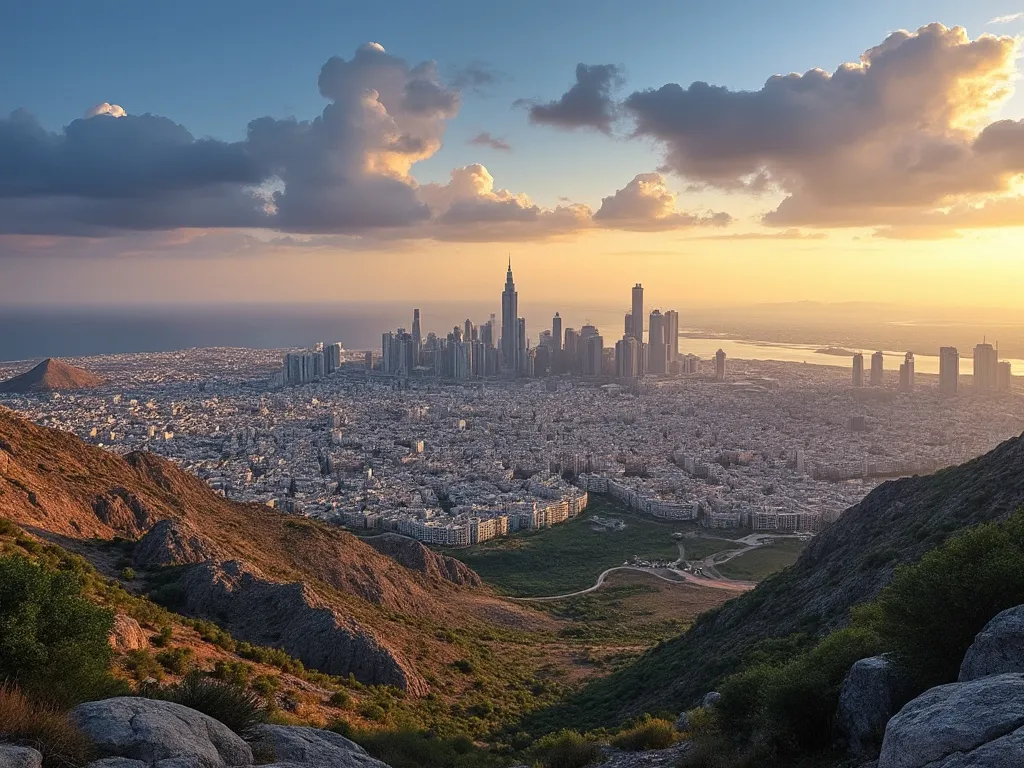 Sana'a
Sana'a
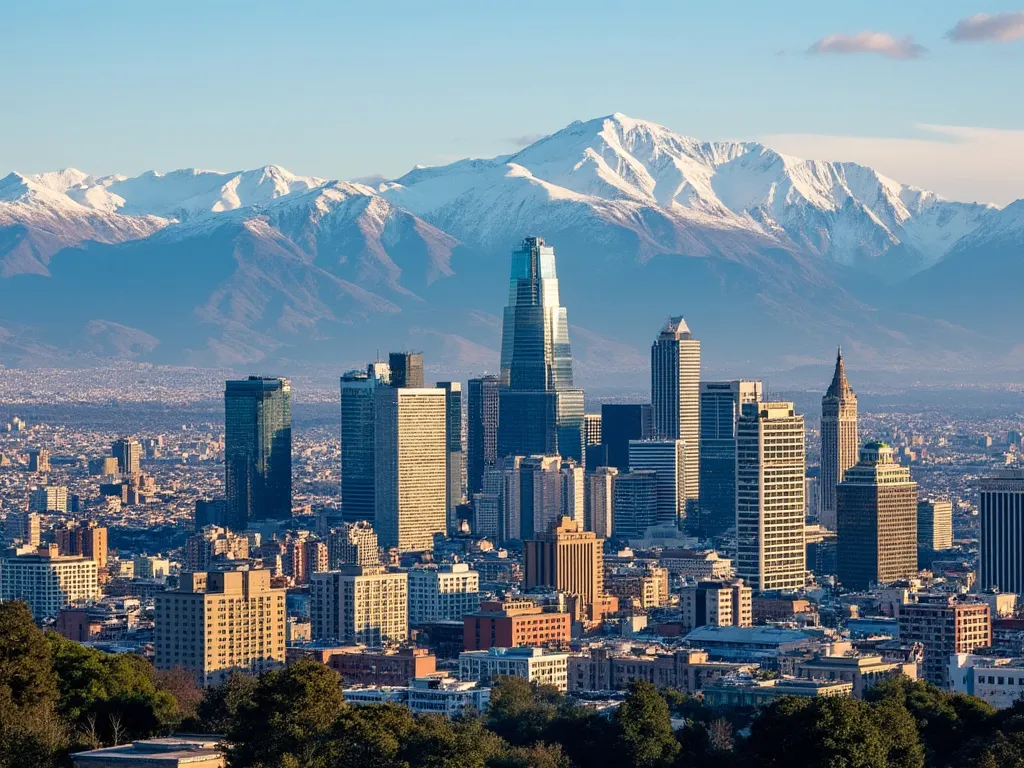 Santiago
Santiago
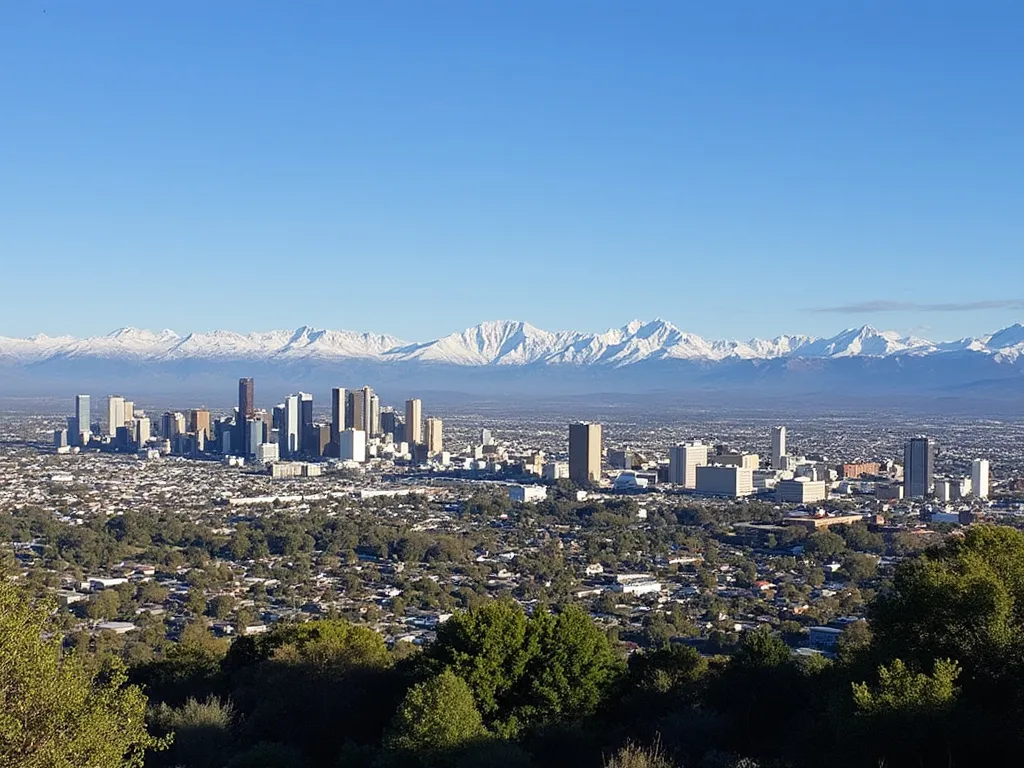 San Juan
San Juan
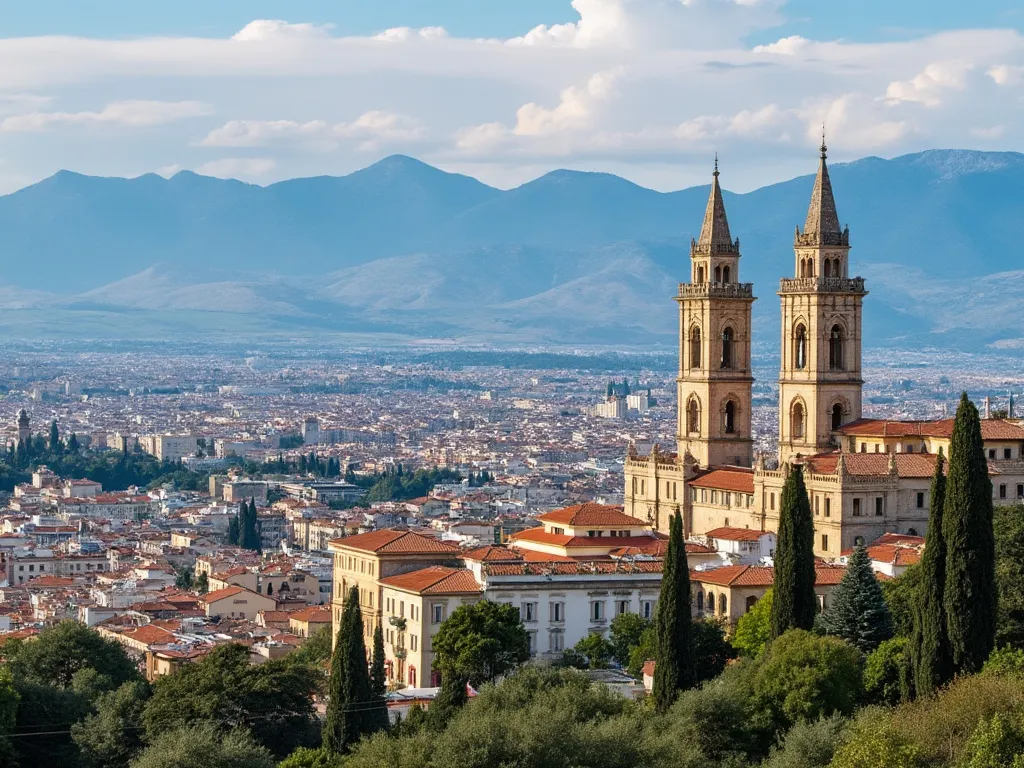 San Marino
San Marino